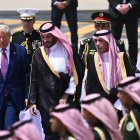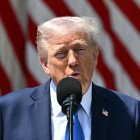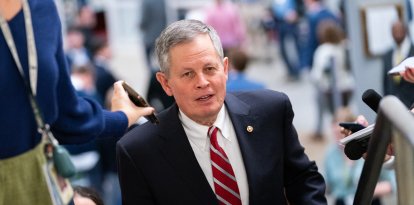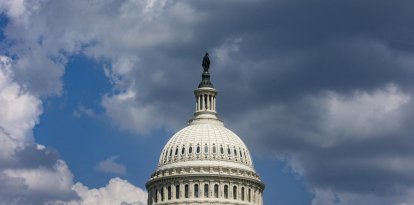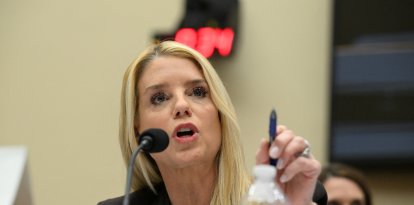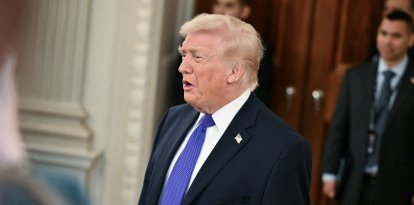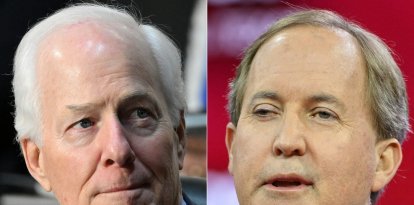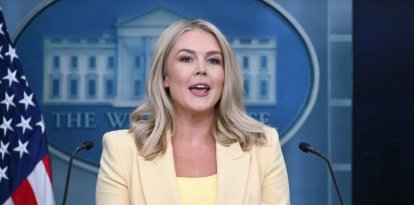Defense, minerals and energy: Trump's $600 billion deal with Saudi Arabia
The lion's share of the contracts goes to the domestic arms industry, which benefits from investments worth $142 billion with the Saudi military.

Donald Trump at Saudi investment forum.
Donald Trump signed the Gulf monarchy's largest investment in U.S. industry to date with Saudi Arabia. The confirmed figure, announced Tuesday during the president's visit to Riyadh, is $600 billion.
The agreement, which both powers have presented as a "strategic economic" alliance highly advantageous for the United States, according to President Donald Trump, was signed during his visit to Riyadh. The Republican president, who began a four-day Middle East tour on Tuesday, spoke for nearly an hour at the Riyadh investment forum after signing the agreement with Mohammed bin Salman, the heir to the Saudi throne.
The agreement the U.S. signed with Saudi Arabia primarily concerns the defense industry, which benefits from contracts with the Saudi state worth $142 billion. It is followed by investments in energy, artificial intelligence, health, and finance.
Saudi rearmament
According to the White House, the agreement for Saudi defense investments falls into five categories, including munitions, missiles, and, above all, substantial upgrades to the Saudi air force. In this area, although not confirmed, Saudi Arabia has been interested for years in acquiring the F-35 multirole fighters, which are currently operated only by Israel in the Middle East region.
According to the White House, the agreement also includes training and capacity building for the Saudi armed forces to bring them up to the standards required by the new weapons systems they will acquire.
The defense budget item is the largest of the entire package, which totals $600 billion. As a result, Saudi Arabia remains the largest overseas customer of the U.S. arms industry.
Investment in artificial intelligence
In the technological field, the agreement includes a Saudi investment of $20 billion in artificial intelligence and energy infrastructure through the firm DataVolt. This is in addition to an alliance valued at $80 billion with companies such as Google, Oracle, AMD, Uber, and Salesforce, focused on joint development and technology transfer.
Also announced was a collaboration between Nvidia and Saudi startup Humain to boost AI tools.
Gaza and Iran on the agenda
Another important issue on the agenda is Iran's nuclear program, after Washington and Tehran resumed negotiations and held the latest round of talks over the weekend, facilitated by Oman's mediation.
In contrast, efforts to persuade Saudi Arabia, as a major regional power, to recognize Israel are unlikely to be on the agenda for this trip, as Riyadh maintains that the groundwork for a Palestinian state must first be established before such a deal can be made.
Saudi Arabia, Qatar, and the Emirates are expected to lavishly host the 78-year-old Republican tycoon.
In the eight years since the start of Trump's first term, these major trading partners have become increasingly relevant on the international stage.
Qatar is a key mediator in negotiations between Hamas and Israel, while Saudi Arabia has facilitated talks on the war in Ukraine.
After his time in Riyadh, the Republican president will travel to Qatar and the United Arab Emirates.
The decision to choose the oil-rich Gulf states again for his first official trip, after a brief visit for the pope's funeral, highlights the crucial geopolitical role these countries have acquired and their importance as U.S. trading partners.
In his first term, Trump also chose Saudi Arabia as the destination for his first foreign trip.





